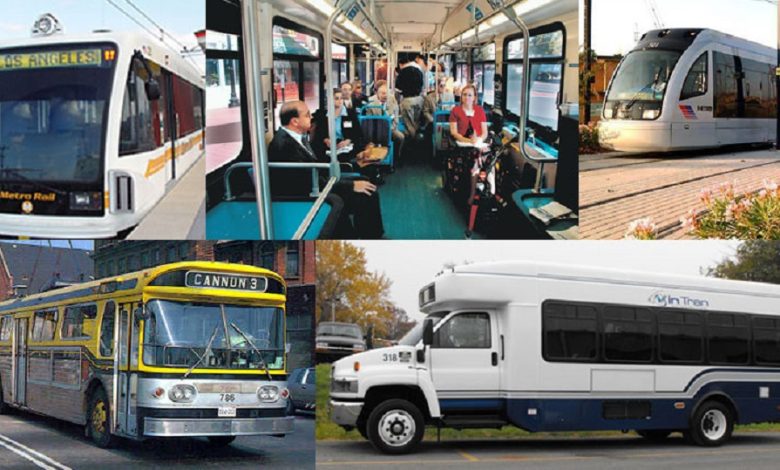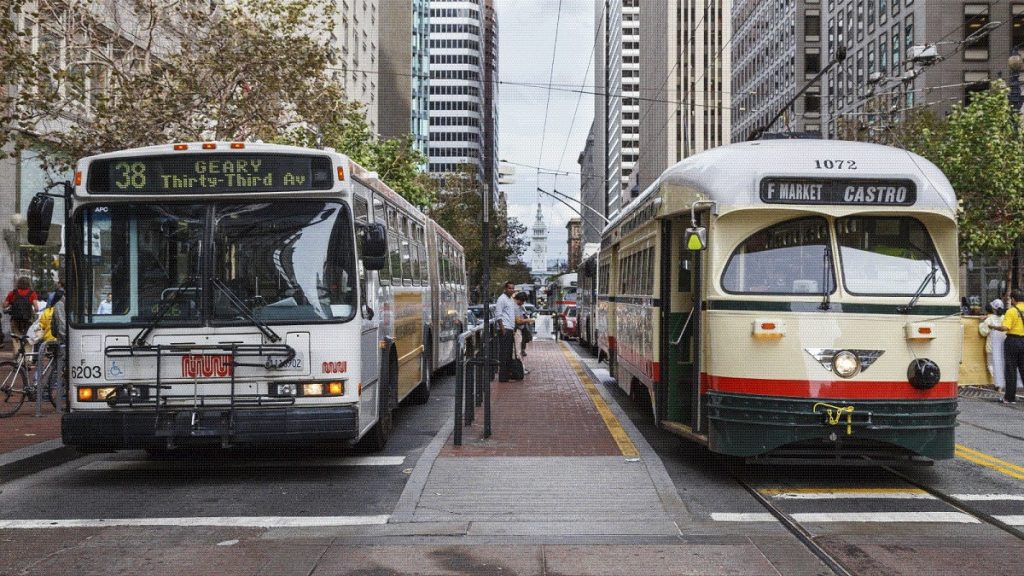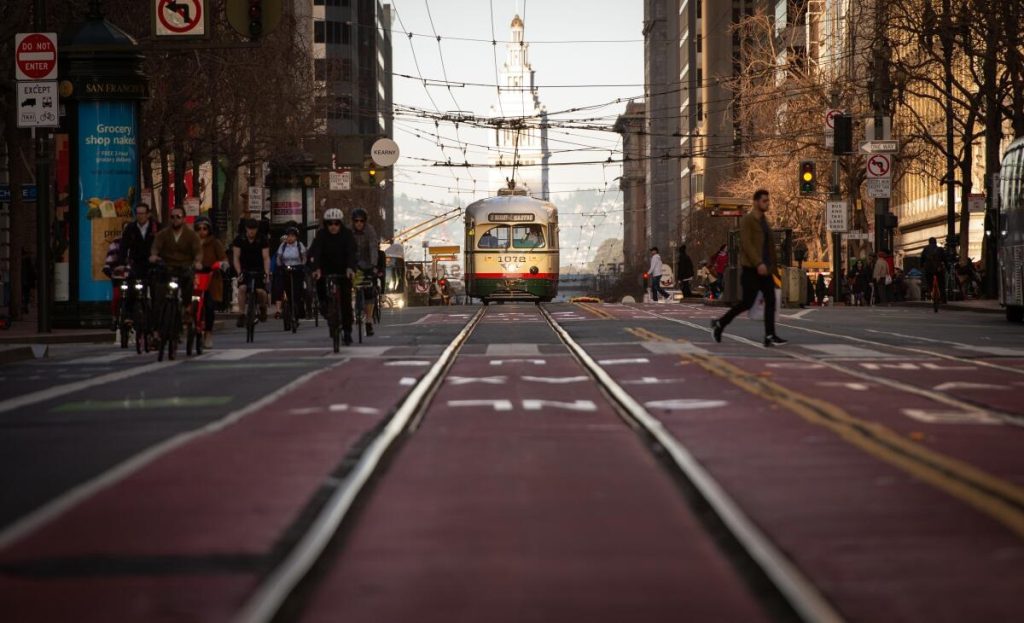Transportation Challenges for Arab and Muslim Communities in the U.S. | Roads, Trains & Safety
Explore how Arab and Muslim families in America navigate public transit, driving, and safety challenges while adapting to life in U.S. cities and suburbs.

For Arab and Muslim communities living in the United States, transportation is not only about getting from one place to another—it also touches on safety, accessibility, and cultural considerations. From crowded subway systems to long highway commutes, Muslim and Arab residents often face unique challenges when navigating U.S. transportation networks.
Challenges in Transportation Access
-
Limited Public Transit in Suburbs
Many Arab and Muslim families live in suburban areas where public transportation is scarce. This often forces reliance on private cars, leading to higher living costs, insurance expenses, and fuel dependency. -
Language and Cultural Barriers
While most transit systems use English-only signage, new immigrants may face difficulties understanding train schedules, bus routes, and ticketing systems. This can discourage mobility and limit economic opportunities. -
Safety and Discrimination Concerns
Some Arab and Muslim riders—particularly women in hijab—report experiences of discrimination or harassment in public spaces, including buses and subways. This affects their sense of security and freedom of movement.

Roads and Driving in the U.S.
Highways in the U.S. are generally efficient but can be intimidating for newcomers. Traffic laws, toll systems, and long commutes require adaptation. Car ownership remains the primary form of transport for most Arab and Muslim families, offering safety and flexibility but also adding costs.
Trains and Metro Systems
Cities like New York, Chicago, and Washington D.C. have extensive rail systems that provide affordable alternatives. However, overcrowding, safety concerns at night, and occasional delays can discourage families from relying solely on them.
Community Solutions and Adaptations
-
Ridesharing & Muslim-Friendly Services: Many Muslim-owned taxi and rideshare companies provide culturally sensitive alternatives.
-
Mosque-Based Carpools: In several cities, mosques and community centers organize carpools for prayer times, school pickups, and events.
-
Advocacy for Better Transit Access: Arab and Muslim organizations often push for safer, more inclusive public transportation policies.

Conclusion
Transportation in the U.S. offers opportunities but also challenges for Arab and Muslim residents. While driving remains the most reliable option, better transit access, increased safety, and cultural sensitivity in public transportation can significantly improve mobility. For communities striving to balance affordability, safety, and convenience, finding the right mix of driving, public transit, and community initiatives is key.



